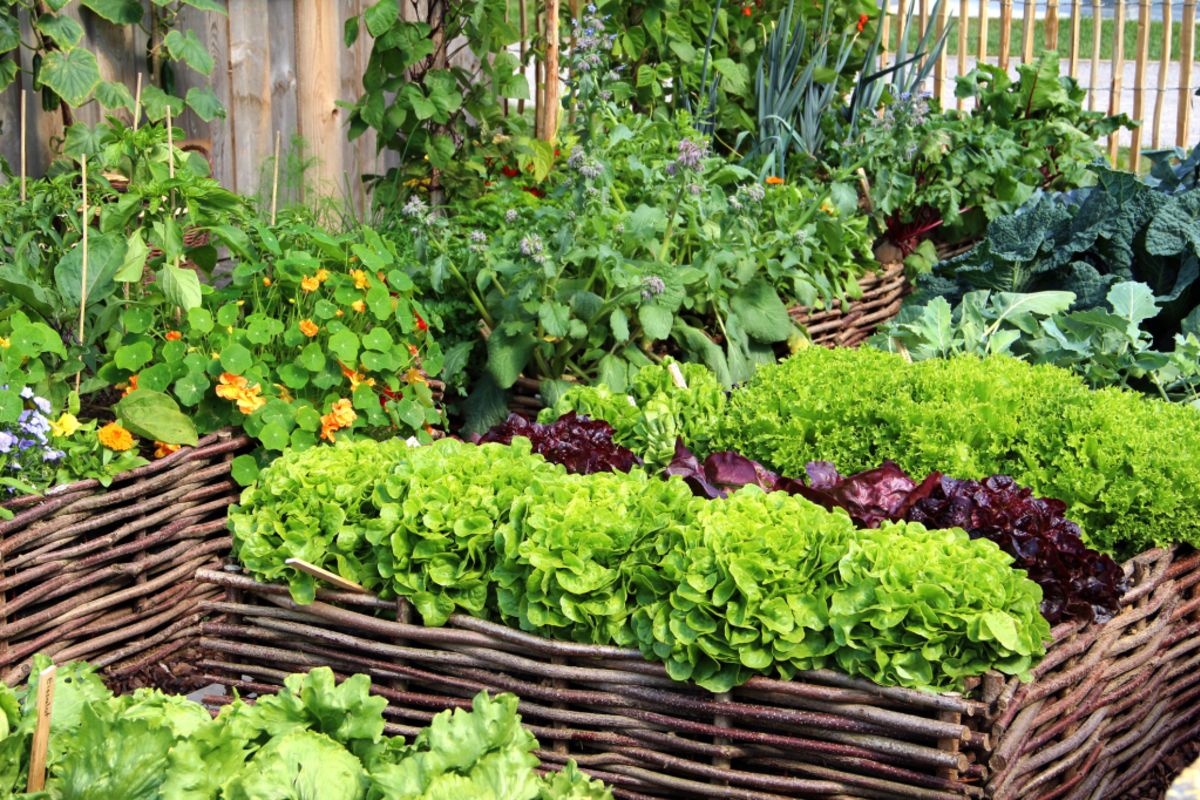Grow Your Own, Organic Vegetable Gardening at Home

Organic Vegetable Gardening at Home: A Comprehensive Guide
Organic vegetable gardening at home is a rewarding hobby that not only provides fresh produce but also promotes sustainability. Let's dive into the world of organic gardening.
Why Choose Organic Vegetable Gardening at Home?
Organic gardening is about growing vegetables without synthetic pesticides or fertilizers. It's healthier for you, your family, and the environment. Plus, there's nothing quite like the taste of a homegrown tomato!
Getting Started: Raised Bed Gardening
Raised bed gardening is an excellent method for organic vegetable gardening at home. It improves drainage, warms up soil faster in spring, and makes gardening more accessible for those with mobility issues.
The Power of Composting
Composting is a key component of organic gardening. It enriches your soil, reduces waste, and provides a natural source of nutrients for your plants.
Pest Control: The Organic Way
Organic pest control involves using natural methods to deter pests. This could include companion planting, beneficial insects, or homemade sprays.
Seed Starting: The First Step
Starting your own seeds is a cost-effective way to grow a variety of vegetables. Plus, it's incredibly satisfying to watch a tiny seed transform into a thriving plant.
Crop Rotation: A Must-Know Technique
Crop rotation is a strategy that helps maintain soil health and prevent diseases. By changing the types of plants in each bed each year, you can keep your soil balanced and your plants healthy.
For more detailed information on organic vegetable gardening, check out this guide.
Watering Your Garden
Watering is crucial in organic vegetable gardening. Aim for deep, infrequent watering to encourage strong root growth.
Harvesting Your Organic Vegetables
Harvesting at the right time ensures the best flavor and nutrient content. Most vegetables are best when picked just before they're fully ripe.
Preserving Your Harvest
Preserving your harvest allows you to enjoy your organic vegetables year-round. Consider methods like canning, freezing, or dehydrating.
Overcoming Common Challenges
Every gardener faces challenges. Whether it's dealing with pests, battling diseases, or coping with weather extremes, remember that every challenge is a learning opportunity.
Conclusion
Organic vegetable gardening at home is a fulfilling journey that offers numerous benefits. With the right techniques and a bit of patience, you can grow your own organic vegetables and enjoy the fruits of your labor.
FAQs
-
What are the benefits of raised bed gardening? Raised beds improve drainage, warm up soil faster, and make gardening more accessible.
-
How does composting help my garden? Composting enriches your soil, reduces waste, and provides a natural source of nutrients for your plants.
-
What is crop rotation, and why is it important? Crop rotation is a strategy that helps maintain soil health and prevent diseases.
-
How often should I water my organic vegetable garden? Aim for deep, infrequent watering to encourage strong root growth.
-
Can I grow organic vegetables in a small space? Absolutely! Many vegetables can be grown in containers, making organic gardening possible even in small spaces.
0 Response to " Grow Your Own, Organic Vegetable Gardening at Home"
Post a Comment